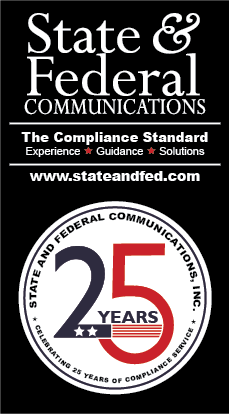 |
 |
E-News from State and Federal
Communications, Inc.
NOVEMBER 2018
 Everything
You Wanted to Know about Lobbying but Afraid
to Ask Everything
You Wanted to Know about Lobbying but Afraid
to Ask
I had the opportunity in October to be
the inaugural pop-up presenter for Women in Government. According to Lucy
Gettman, the session was rated excellent by 90% of the attendees…So, instead of
wondering what was up with the other 10%, I am sharing the information from the
presentation.
Let me start with this: You both have responsibilities—public sector and private
sector. If either of you screws up…you are both in trouble. Which means you both
need to know what the laws are in your states.
At Women in Government—or any other program you attend— anything outside of the
agenda should be questioned. There is not a legislator here who should expect an
invitation from someone in the private sector. |
|
I will use my friend Jim Clark from Roche Diagnostics as an example. He is
registered in a number of states. He would never assume he could entertain a
legislator just because that is not his state. In fact, his company has
registered lobbyists all over the country and he needs to know if it will affect
them.
I know by now you think I am a Debby Downer. But, this is important. I am the
Corporate Crusader for Compliance. It is what I have spent my life doing.
Every legislator here has her own ethics law to follow. Every lobbyist here has
his/her own lobbying law to follow. Gift laws affect the legislator, lobbyist,
and lobbyist employer.
Every state in the country requires registration for lobbyists if communicating,
directly or directly, with a member of the general assembly. There are
thresholds, but you need to keep in mind these three important items:
-
Montana, Nebraska, Nevada, North Dakota, Oregon, South Dakota, and Wyoming do
not require registration for executive agency lobbying. That doesn’t include the
governor or his/her staff, but it excludes regulatory activity.
-
There are 22 states which we call “first toe in the water” states. You have
to register before you go to the state. Plan ahead. Some require training.
(Alabama, Arizona, Colorado, Delaware, Florida, Illinois, Iowa, Kansas, Kentucky
(leg), Mississippi, Missouri, Nebraska, Nevada, New Hampshire, New Mexico, North
Dakota, Rhode Island, South Carolina, South Dakota, Tennessee, Utah, West
Virginia.)
-
There are 26 states which require registration for procurement lobbying…And,
procurement does not include just selling. It includes offering services and
leasing items such as automobiles or wave runners at state parks.
I have a column that I write on LinkedIn called, “Another One Bites the Dust.” I
haven’t kept up with it, but I need to get back into it. I hate writing about
officials who resign because they got mixed up in ethics violations.
I recently gave a speech in Atlanta and it happened to be on September
13th—exactly one week after the Atlanta Journal Constitution printed an article
titled “Vendor Reporting on Gifts to State Workers in Georgia Spotty at Best.”
Let me give you a couple highlights from the article. I have removed the name of
the companies involved:
-
Georgia Tech found itself in a series of ethics scandals. Paul Strouts was
vice president of Campus Services. He was accused of requiring the vendor with
the campus bookstore to give $35,000 a year for a football stadium suite
primarily for use for Campus Services vendors and employees, as well has his own
family and friends. He was also accused of telling subordinates to override
authority to approve raises.
-
Georgia didn’t always require vendors to register and report, but they do
now. That all started in the 90s when Governor Roy Barnes fired Dotty Roach, the
head of the state’s purchasing agency for getting too cozy with a software
company. It was reported she received a $359 spa certificate and a $540 hot air
balloon ride from sales rep who received $450,000 in commission for the
$40,000,000 in software.
People, this is real stuff. A 100-year-old engineering company in New Jersey was
fined $1 million for reimbursing low-level employees more than $500,000 for
political contributions to gain government contracts. The company also had to
forfeit $2.6 million. The company was banned from working in New Jersey for 10
years and had to file bankruptcy.
We all know the 10 Commandments, but there are more:
-
Thou shalt not divide by zero— I learned that in high school;
-
Thou shalt not hyphenate ly words—I learned that in college; and
-
Thou shalt not reimburse anyone for making a political contribution.
So, what do you need to do:
-
Know the rules in the states where you live. We joke—and it isn’t funny—that
the last person to ask whether a gift can be accepted is a legislator.
Lobbyists, do your own homework.
-
Lobbyists, alert new hires to the rules. Legislators, do not take advantage
of these new folks.
-
Legislators and lobbyists—beware of “everyone does it.”
-
Determine the permissibility and appropriateness of conduct beforehand. You
have heard it before, Know Before you Go.
-
Be the “go to” person at your company.
-
Establish a process for tracking activity.
-
Be consistent when calculating expenditures. Trust me—newspapers will know if
the lobbyist reports do not match up with what legislators’ report. And,
sometimes it isn’t the newspaper. We once got a call from an American University
student telling us she reviewed reports for a class and the numbers didn’t match
up with the law firm reported. And, she was correct. Our client accurately
reported the pro-rata share of the retainer attributable to lobbying while the
law firm reported the whole retainer. They wanted to be #1.
-
Training and retraining is important for legislators and lobbyists.
-
Ask questions.
-
Will it pass the Washington Post test? The Atlanta Journal Constitution
test? The New York Times test?
You not only have to look after what you are responsible for, but also what the
other person is responsible for.
You each have people who depend on you and everyone expects to see you at future
conferences.
Thank you.
Elizabeth Z. Bartz
President and CEO
@elizabethbartz |

Boston,
Massachusetts Mayor Signs Lobbyist Registration and Regulation Ordinance
Alexandra Vernis, JD
Research Associate
 Mayor Marty
Walsh signed the Lobbyist Registration and Regulation Ordinance,
requiring registration and reporting for individuals and entities
attempting to influence city legislative and administrative action. The
ordinance was passed by City Council in late September and requires
registration by every person retained, employed or designated by any
client or lobbying entity to engage in lobbying or lobbying activities.
A home rule petition establishing the authority of the lobbying
ordinance under the Massachusetts constitution was passed concurrently
with the lobbying ordinance. Mayor Marty
Walsh signed the Lobbyist Registration and Regulation Ordinance,
requiring registration and reporting for individuals and entities
attempting to influence city legislative and administrative action. The
ordinance was passed by City Council in late September and requires
registration by every person retained, employed or designated by any
client or lobbying entity to engage in lobbying or lobbying activities.
A home rule petition establishing the authority of the lobbying
ordinance under the Massachusetts constitution was passed concurrently
with the lobbying ordinance.
In addition
to requiring annual lobbyist registration for individuals and entities,
the ordinance implements quarterly reporting and creates penalties for
registration and reporting violations. Annual registration fees are $150
per lobbyist and lobbyist client. Lobbying entities must pay $300. Late
statements will result in a $50 per day fine until after the 20th day
when it climbs to $100 per day.
Responding to
a bid request when seeking a contract with the city is not included in
the definition of lobbying and does not trigger registration. However,
any communication to a city employee seeking to encourage the city to
procure a particular item or service, or to consider a particular
vendor, qualifies as a lobbying communication.
Another main
piece of the legislation is the creation of the Municipal Lobbying
Compliance Commission to oversee enforcement of the lobbying
regulations. Commissioners will be appointed by the mayor and may
include the City Council president and the city clerk.
The passing
of the Lobbyist Registration and Regulation Ordinance comes after two
years of Walsh calling for increased transparency through the
implementation of a lobbying ordinance. In July, Walsh vetoed a similar
ordinance passed by council as it failed to define and regulate lobbying
and did not create an adequate enforcement mechanism. Walsh produced his
own draft lobbying ordinance and worked with City Council to reach the
agreed upon version.
The new
ordinance will take effect on April 13, 2019, 180 days after it was
signed by the mayor.
[The details for this article will be updated on our website in the
Lobbying Compliance Laws and Procurement Lobbying Compliance Laws for
Boston, Massachusetts.] |
 Summary of Changes UPDATE Summary of Changes UPDATE
Note Recent Changes to
Compliance Regulations
Michael Beckett, Esq., Research
Manager
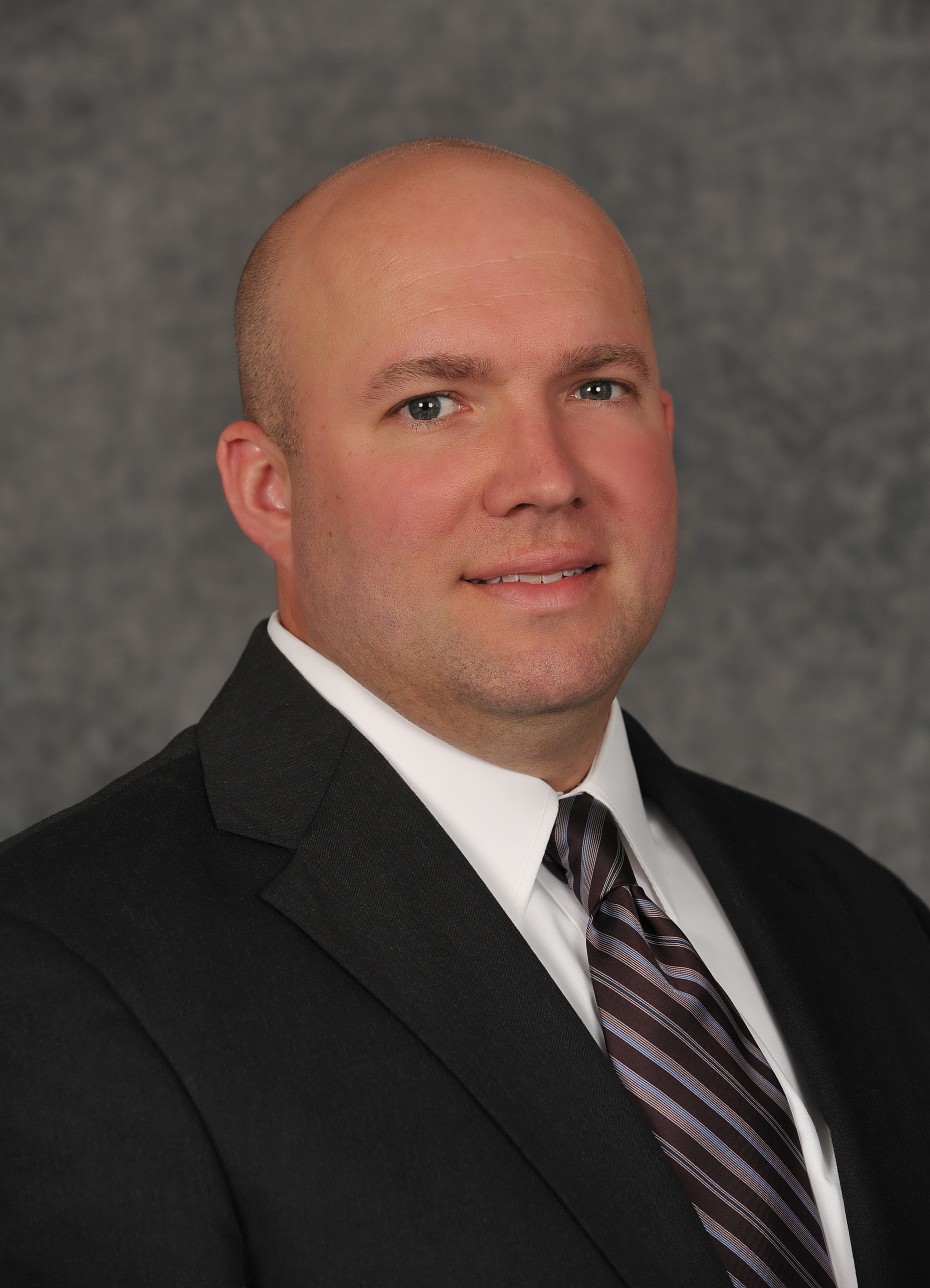
CALIFORNIA: Gov. Jerry Brown signed
a bill requiring lobbyists to complete training on sexual harassment in
connection with lobbying activities. Assembly Bill 2055 adds a component
to training already required for lobbyists registered with the state and
conducted by the ethics committees in both houses of the Legislature.
The lobbyist training course now must include information on each house
of the Legislature’s policies against harassment, including sexual
harassment, in connection with lobbying activities.
CALIFORNIA:
On November 15, the Fair Political Practices Commission (FPPC) will
consider proposed regulations to make biennial cost of living
adjustments to campaign contribution and gift limits that will apply
from January 1, 2019 through December 31, 2020. The proposed regulations
would change the gift limit from $470 to $500 and make increases to
campaign contribution limits for candidates. Adjusted contribution
limits for gubernatorial candidates would increase from $29,200 to
$31,000 per person. The FPPC is accepting written comments on the
proposals until November 13, 2018.
MISSOURI: A public interest law firm challenged an executive order banning
lobbyists from giving anything of value, including written materials, to
executive branch officials. The Institute for Justice, a Virginia-based
nonprofit libertarian law firm, filed suit against Gov. Mike Parson and
members of the Missouri Ethics Commission for enforcing Executive Order
17-02, which expands the definition of gift to include publications
addressing public policy issues. The Institute for Justice claims that
by prohibiting the distribution of two of its public policy publications
to government officials, the executive order violates the law firm’s
First Amendment right to free speech. The law firm also claims the
executive order violates its right to equal protection by prohibiting
only lobbyists from sharing publications with state officials of the
executive branch.
SOUTH DAKOTA: South Dakotans will
have multiple ethics-related ballot measures to vote on this November.
Constitutional Amendment W, also known as the South Dakota Voter
Protection and Anti-Corruption Amendment, would create an independent
ethics commission, decrease limits on campaign donations, bar gifts from
lobbyists to many public officials, and prevent the Legislature from
altering or rejecting laws approved by ballot question without returning
to the ballot. More than 51 percent of voters supported a similar
initiative in November 2016, but lawmakers repealed it in early 2017,
citing constitutional concerns. Also on the November ballot, Initiated
Measure 24, would prohibit contributions to ballot question committees
by non-residents, out-of-state political committees, and entities who
have not filed with the secretary of state for the four years prior to
making a contribution.
TENNESSEE: A judge in Tennessee’s Davidson County Chancery Court ruled
against the state, striking down a law prohibiting political action
committees from making contributions to candidates after the 10th day
before an election. Under the law, only political party committees can
contribute to candidates in the 10-day window. Chancellor Ellen Hobbs
Lyle ruled in favor of plaintiff Tennesseans for Sensible Election Laws
based on insufficient facts from the state to overcome the plaintiff’s
argument. In asserting the prohibition was an overbroad speech
restriction, the plaintiff argued elected officials and political
parties were reserving special treatment in the political process for
themselves. Attorneys for the state announced their intention to file an
appeal immediately. |
Legislation We Are
Tracking
At any given time, more than 1,000
legislative bills, which can affect how you do business as a government
affairs professional, are being discussed in federal, state, and local
jurisdictions. These bills are summarized in State and Federal
Communications' digital encyclopedias for lobbying laws, political
contributions, and procurement lobbying and can be found in the client
portion of our website.
Summaries of major bills are also included
in monthly email updates sent to all clients. The chart below shows the
number of bills we are tracking in regard to lobbying laws, political
contributions, and procurement lobbying.
| |
Total bills |
Number of Jurisdictions |
Passed |
Died |
Carried over
to
2019 |
|
Lobbying Laws |
414 |
50 |
27 |
217 |
6 |
|
Political Contributions |
696 |
53 |
63 |
395 |
10 |
|
Procurement Lobbying |
557 |
52 |
39 |
297 |
7 |
|
 |
W E B S I T E
T I P
Our website now has 2019 legislative session and lobbying
key dates information for all 50 states, over 300 local
jurisdictions, five U.S. territories, the federal
government, Canada, and select European jurisdictions. In
the Lobbying Compliance Laws publication, the key dates
information provides a schedule of all reports and
registrations due in 2019. Continue to watch the website for
updates to the 2018 and 2019 key dates and for the addition
of key dates information regarding your political
contribution compliance programs. |
|
Procurement: Do My Sales Activities Trigger
Lobbyist Registration?
We
have a free video for you to download. Our newest video, “Procurement:
Do My Sales Activities Trigger Lobbyist Registration?”, gives
comprehensive information on procurement lobbying. Considerations such
as lobbying implications, reporting, and best practices are discussed.
If
you are planning on seeking, negotiating, or renewing a business
contract from the government, you need to watch this informative video.
Click here for downloading instructions. |
ASK THE
EXPERTS
State and
Federal Communications’ Experts Answer Your Questions
Here
is your chance to “Ask the Experts” at State and Federal
Communications, Inc. Send your questions to
experts@stateandfed.com.
(Of course, we have always been available to answer
questions from clients that are specific to your needs, and
we encourage you to continue to call or email us with
questions about your particular company or organization. As
always, we will confidentially and directly provide answers
or information you need.) Our replies are not legal advice,
just our analysis of laws, rules, and regulations.
|
 |
My company recently hosted a dinner event where several
state legislators were in attendance, and I delivered a few
campaign contributions. Is this dinner expenditure a gift
to the attending legislators, or can I consider this an
in-kind contribution? |
|
|
 |
 Please
proceed with caution. For an expenditure to be considered
an in-kind contribution, it really has to be made for the
purpose of influencing the results of an election or making
an electioneering communication. Labeling an expenditure
(especially after the fact) as an “in-kind contribution” is
not an acceptable choice to categorize would otherwise be
considered a gift to a legislator, subject to that
particular state’s gift laws and limitations. Here are some
important questions to consider: Please
proceed with caution. For an expenditure to be considered
an in-kind contribution, it really has to be made for the
purpose of influencing the results of an election or making
an electioneering communication. Labeling an expenditure
(especially after the fact) as an “in-kind contribution” is
not an acceptable choice to categorize would otherwise be
considered a gift to a legislator, subject to that
particular state’s gift laws and limitations. Here are some
important questions to consider:
-
What is the purpose of the event? Is the event a political
fundraiser? What language is on the invite? ...
Read the full article here
For more information, be sure to check out our Political
Contributions Compliance online publication for any
jurisdiction. Please feel free to contact us if you have any
questions.
Myra
Cottrill, Esq., Compliance Specialist
Click here to read ALL Ask the Experts
articles in full
Please fill out the small form to
gain access to all articles free!
Thanks.
Click here for subscription information
|
|
|
|
|
|

State and Federal
Communications, Inc.
Scrapbook -
October 2018
|
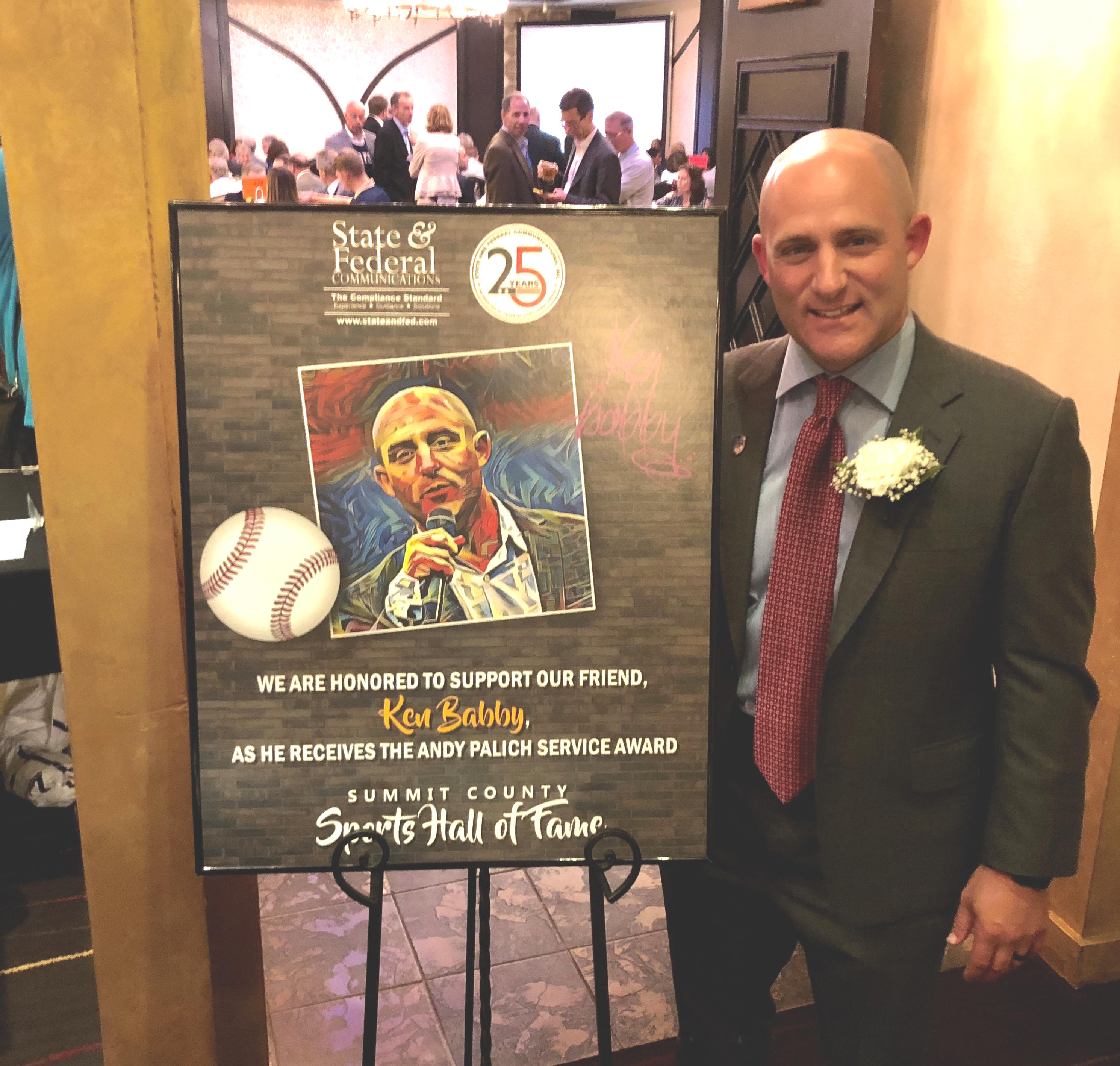
Owner of the Minor League Teams - Akron Rubber Ducks and Jacksonville
Jumbo Shrimp, and a friend of State and Federal Communications, Inc.,
Ken Babby, received the Andy Palich Service Award from the Summit County
Sports Hall of Fame.
|
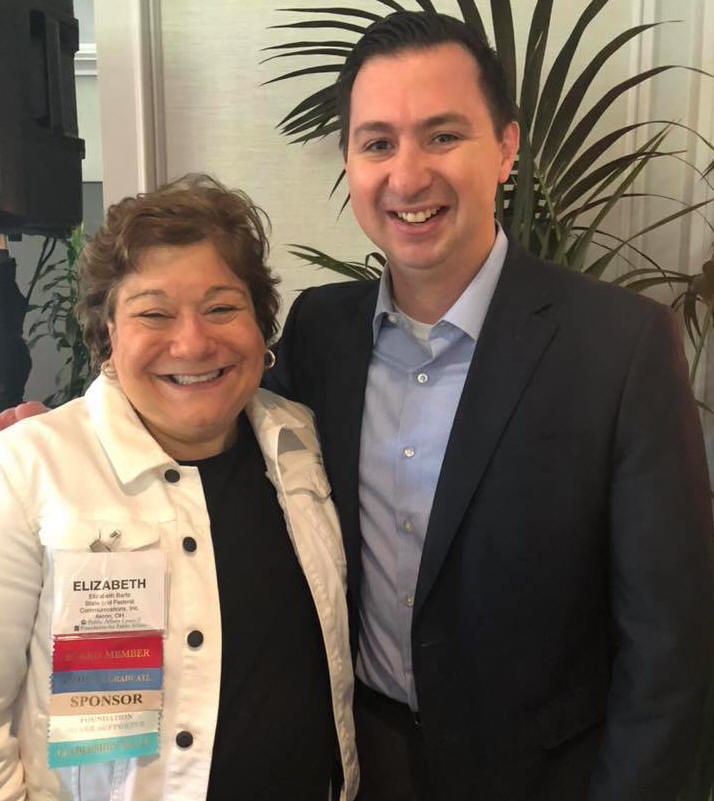
Elizabeth Z. Bartz attended the Public Affairs Council
Fall Board Meeting in October and met up with friend,
Nathan Gonzales, from Inside Elections. |
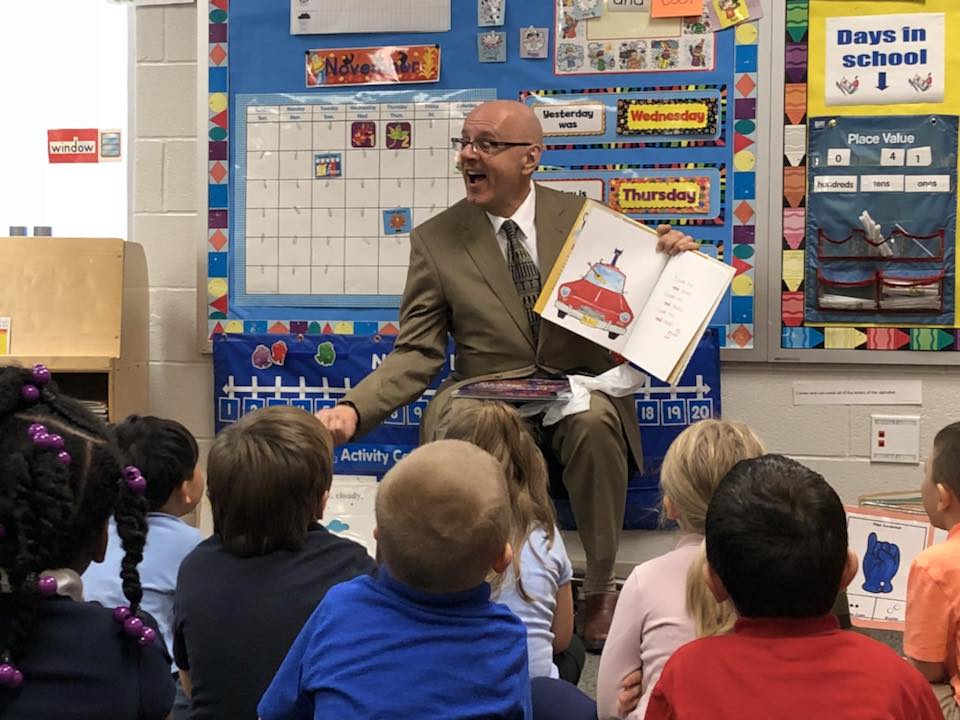
We
support the United Way of Summit County "Read to
Me Day" each year.
Several of our staff participates in reading to
students at Akron Public Schools.
Pictured above is Joseph M. May, Corporate
Social Responsibility Manager. |
Happy 7th Anniversary to
our Research Manager
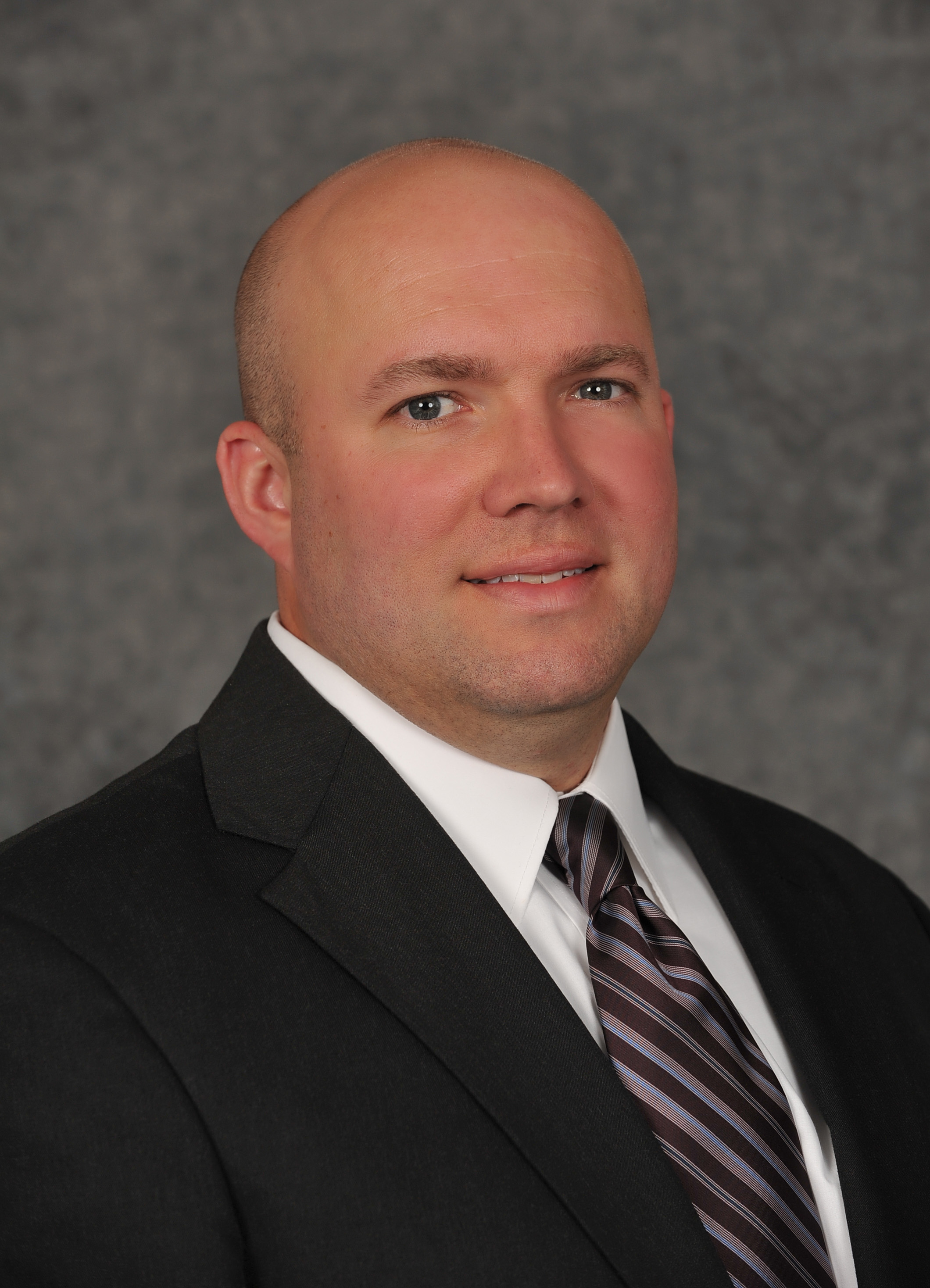 |
|
Michael
Beckett, Esq. |
|
|
|
|

Plan to say hello at future
events where State and Federal
Communications, Inc.
will be attending and/or
speaking regarding compliance issues. |
|
|
November 1 |
WASRG Symposium, Washington, DC |
|
November 8 |
Diversity in Advocacy, Washington, DC |
|
November 9 |
The Women's Network: Leadership Summit, Washington,
DC |
|
November 9 |
WGR Workshop: Embracing and Improving Your Leadership
Style, Washington, DC |
|
November 13 |
WGR New Member Breakfast |
|
November 14-17 |
NABPAC Post Election Conference, Palm Beach, FL |
|
November 15 |
Akron Roundtable, Akron, OH |
|
November 17-20 |
SGAC LPC, Scottsdale, AZ |
|
November 308 |
WGR Workshop: Tactical Leadership Skills,
Washington, DC |
|
December 5-9 |
NCSL Capitol Forum, Washington, DC |
|
December 5 |
Ohio Holiday Reception, Washington, DC |
|
December 9-13 |
COGEL Conference, Philadelphia, PA |
|
December 12-15 |
NCSL Legislative Leaders Symposium, New York City,
NY |
|
COMPLIANCE
NOW is published for our customers and friends.
Click here
to
SUBSCRIBE
or
click
here to UNSUBSCRIBE.
Click here to send us comments regarding
the COMPLIANCE NOW e-newsletter.
State and
Federal Communications, Inc. | Courtyard Square | 80 South
Summit St., Suite 100 | Akron, OH 44308 |
| 330-761-9960 |
330-761-9965-fax | 888-4-LAW-NOW|
http://www.stateandfed.com/

|
 |
The Mission of State
and Federal Communications is
to make sure that your
organization can say, "I Comply."
We are the leading
authority and exclusive information source on
legislation and regulations surrounding campaign finance
and political contributions; state, federal, and
municipal lobbying; and procurement lobbying.
Contact us to learn how
conveniently our services will allow you to say "I
Comply" for your compliance activities.
http://www.stateandfed.com |
www.stateandfed.com |
|